The Intergovernmental Hydrological Programme's Water Information Network System (IHP-WINS) is designed to promote the sharing and dissemination of water-related data and information among countries, organizations, and stakeholders involved in water resources management, as part of the UNESCO IHP mandate.
The main objective of IHP-WINS is to enhance the availability, accessibility, and usability of water-related information, with a focus on supporting evidence-based decision-making and sustainable water resources management. It aims to facilitate the exchange of data, knowledge, and best practices among stakeholders at various levels, including national, regional, and global scales.
IHP-WINS provides a platform for integrating and harmonizing water-related data and information from diverse sources, such as monitoring networks, research institutions, government agencies, and international organizations. It promotes the use of standardized data formats and metadata to ensure compatibility and interoperability of information across different systems and platforms.
Through IHP-WINS, UNESCO's Intergovernmental Hydrological Programme aims to strengthen international cooperation, improve data availability, and enhance the understanding and management of water resources worldwide.
A data platform to aid in informed decision-making

At UNESCO, we believe in the power of open collaboration and the principles of Open Science, leveraging open-source technology to provide a seamless experience for users. The platform's Data Catalogue and Management System stand as a testament to this commitment, offering a robust repository for all IHP-relevant datasets. UNESCO's Water Family can contribute and access information in various formats, enabling a diverse and inclusive data-sharing environment. UNESCO believes in harnessing the power of data to advance global goals for a sustainable future.
Recently uploaded datasets from UNESCO's Water Family

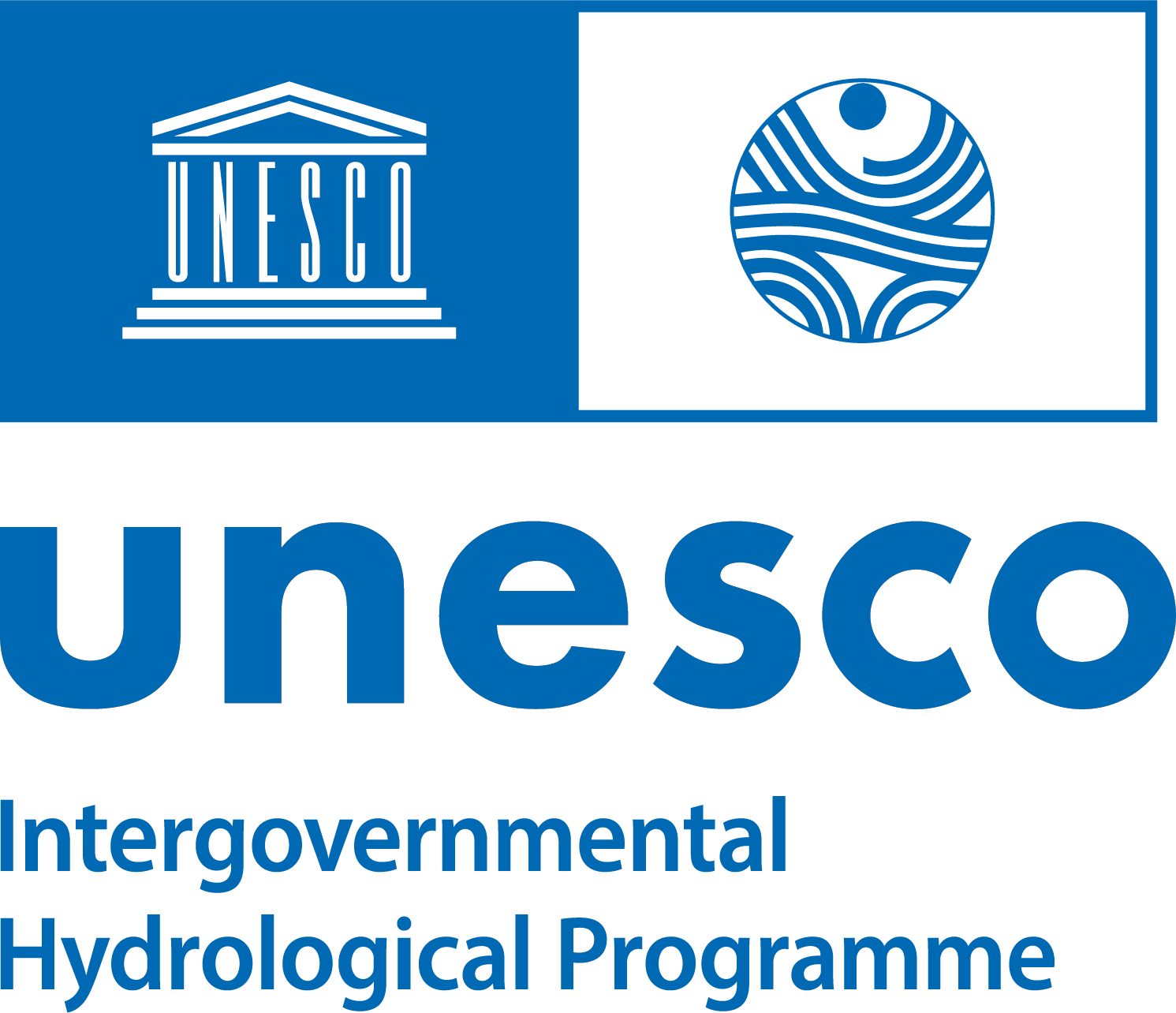
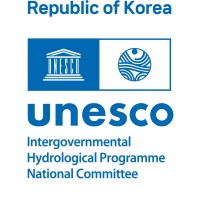

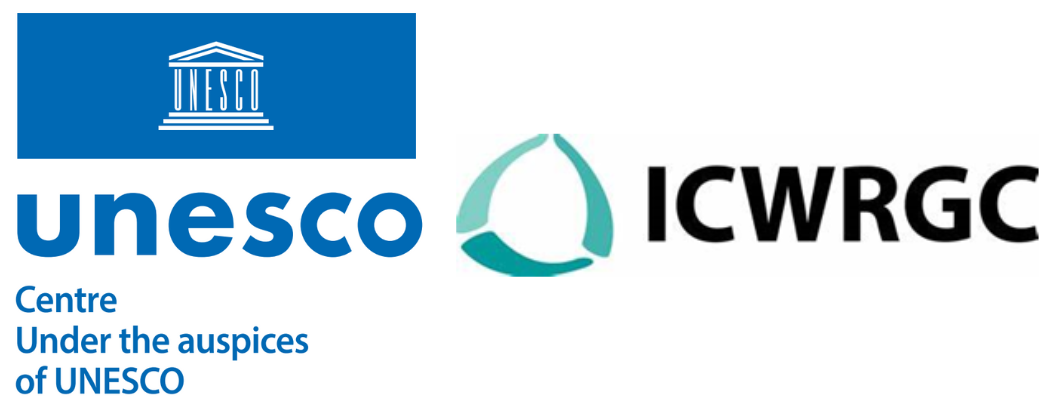

Transform data into actionable insights
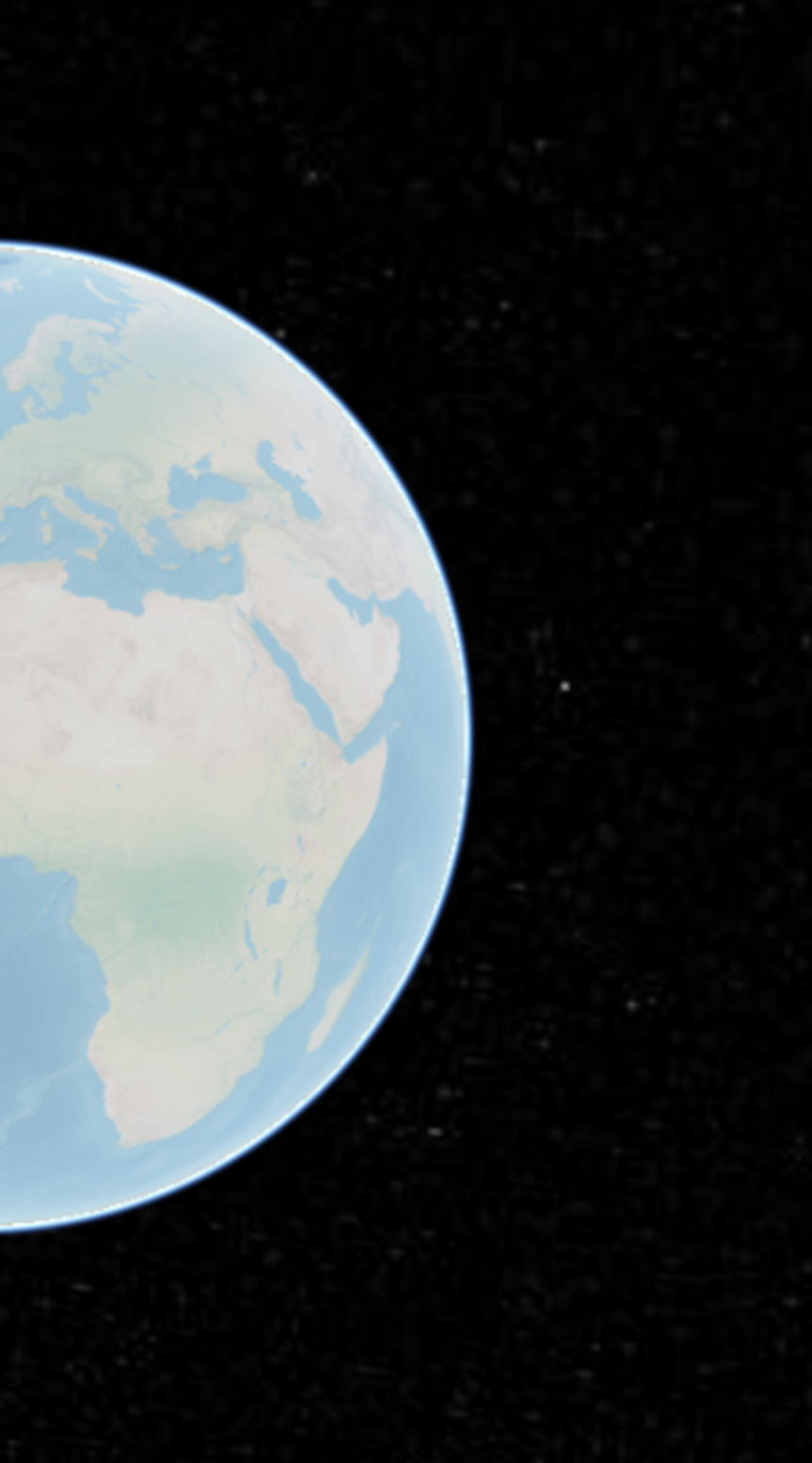
By overlaying datasets, stakeholders gain insights into water-related patterns and trends, facilitating informed decision-making and more. The variety of datasets and scales enable to uncover insights into both overarching global trends and finer-grained local patterns.
Specialized visualization tools tailored to specific water themes
Explore the IHP Open Learning platform or participate in one of the latest open learning courses.
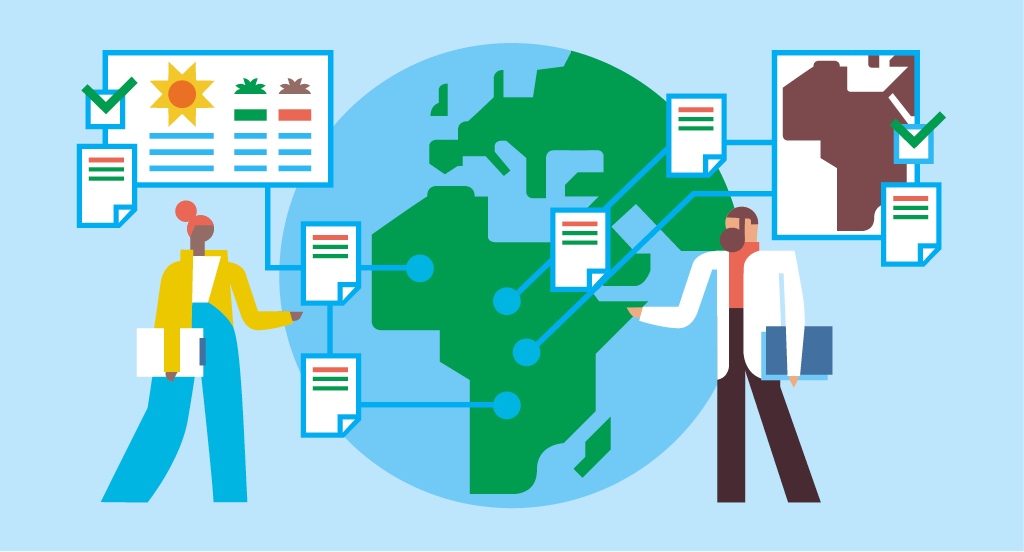
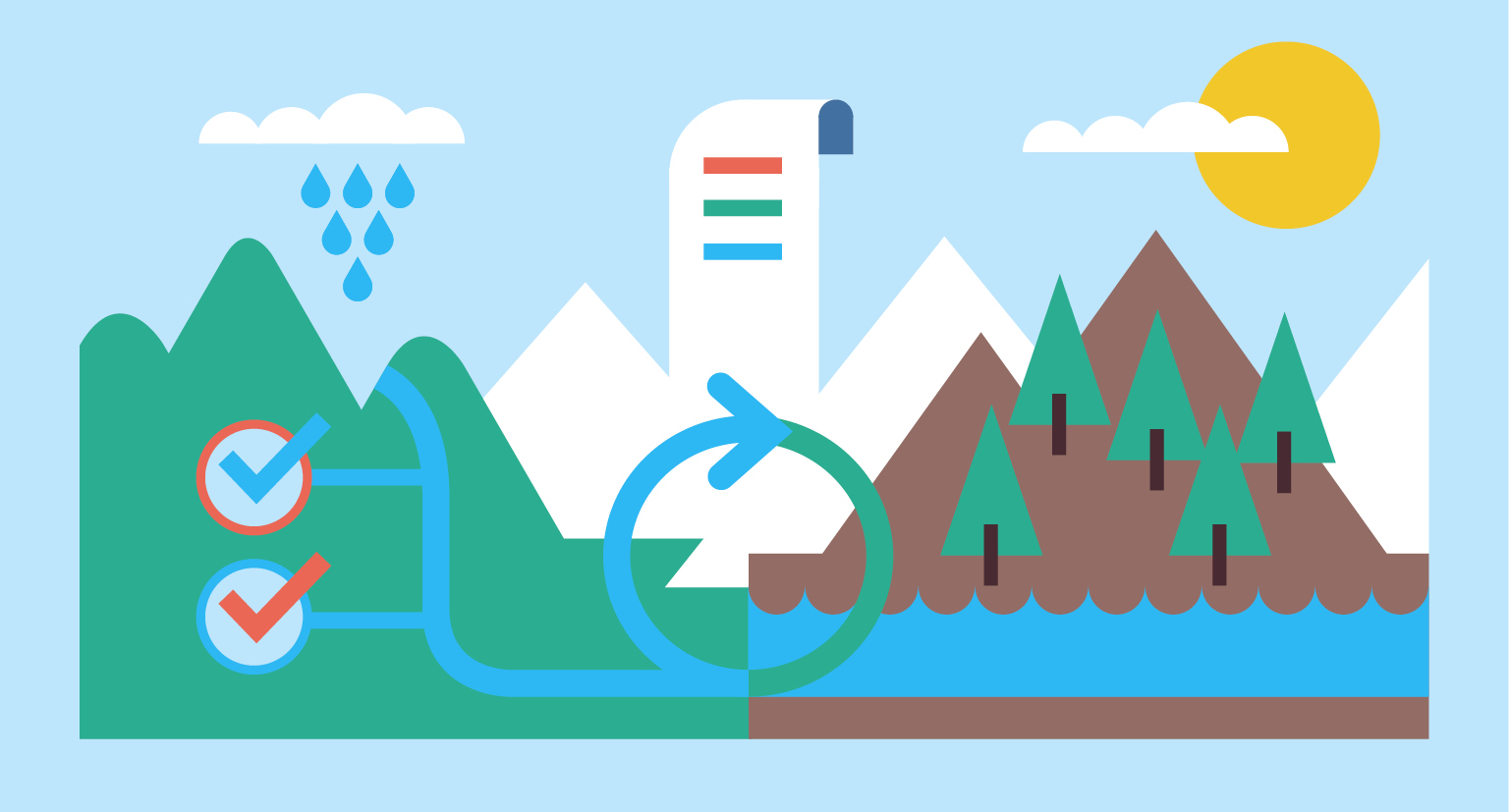


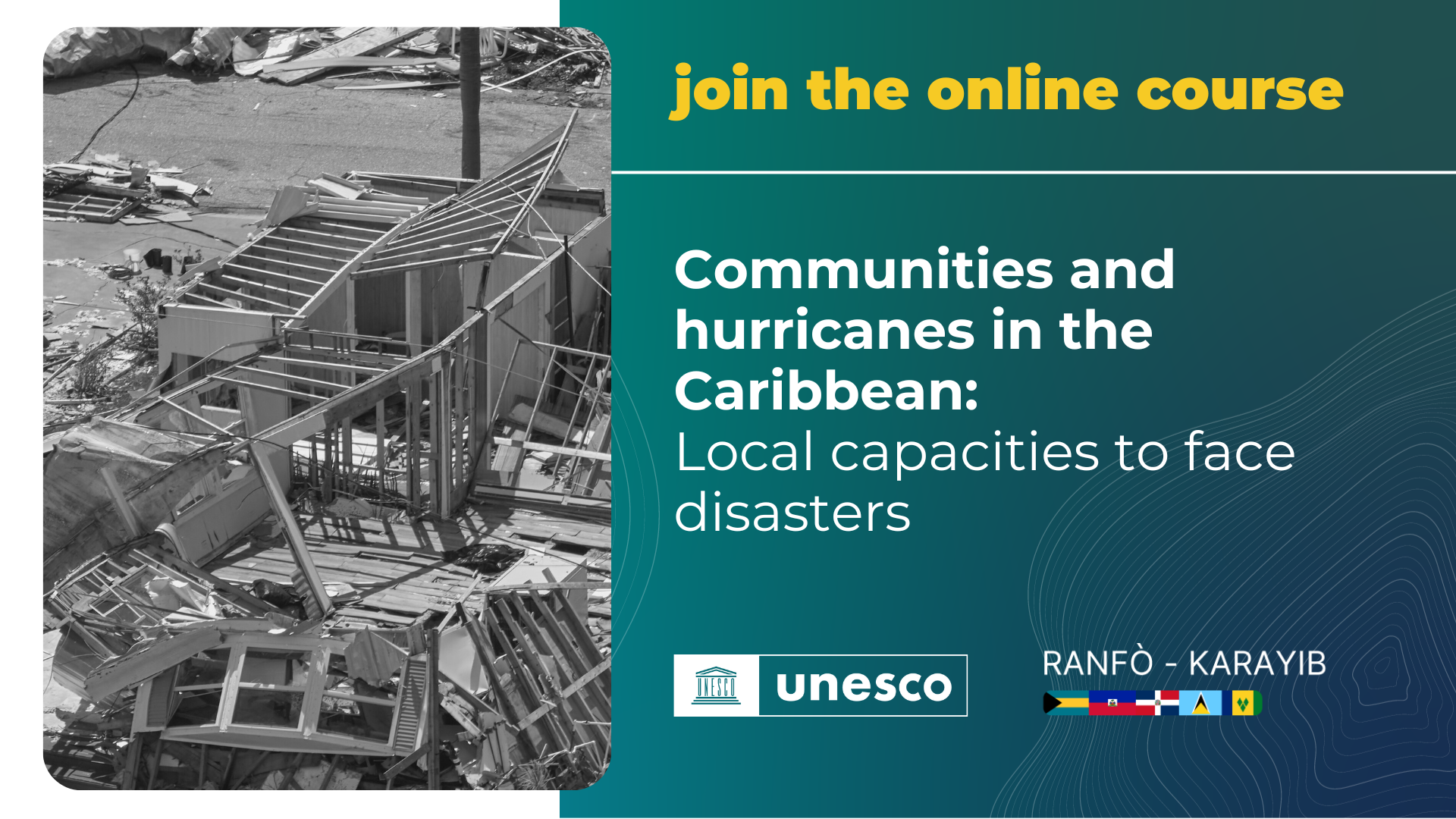
UNESCO
Start: May 26, 2025
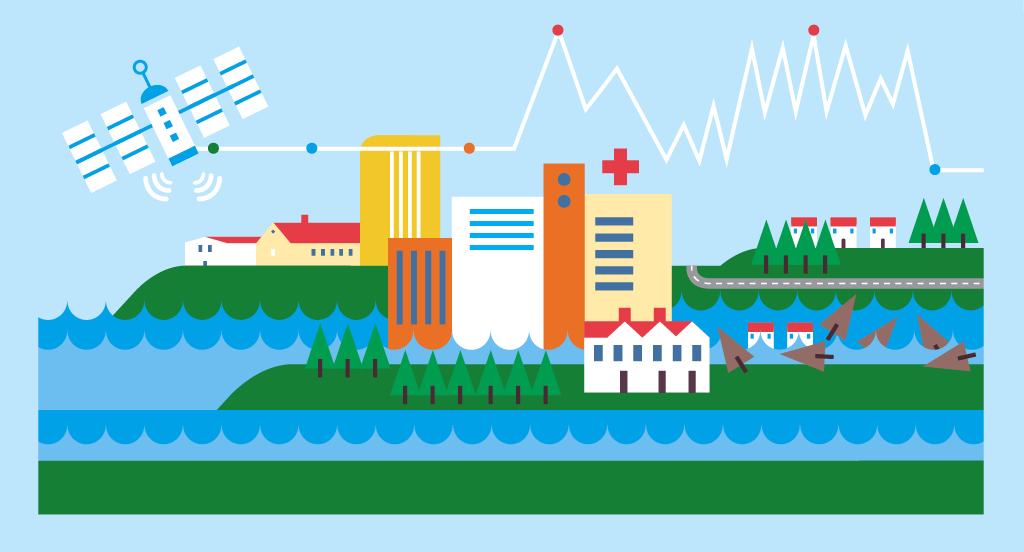
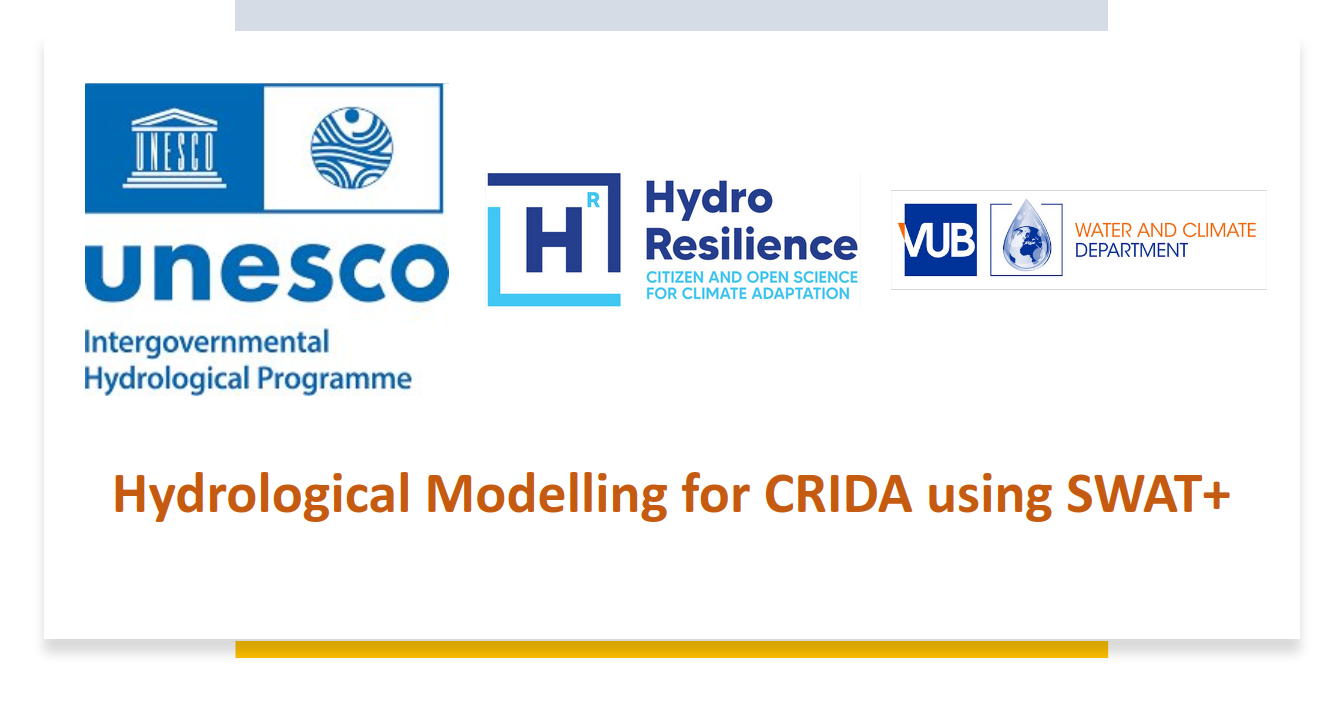
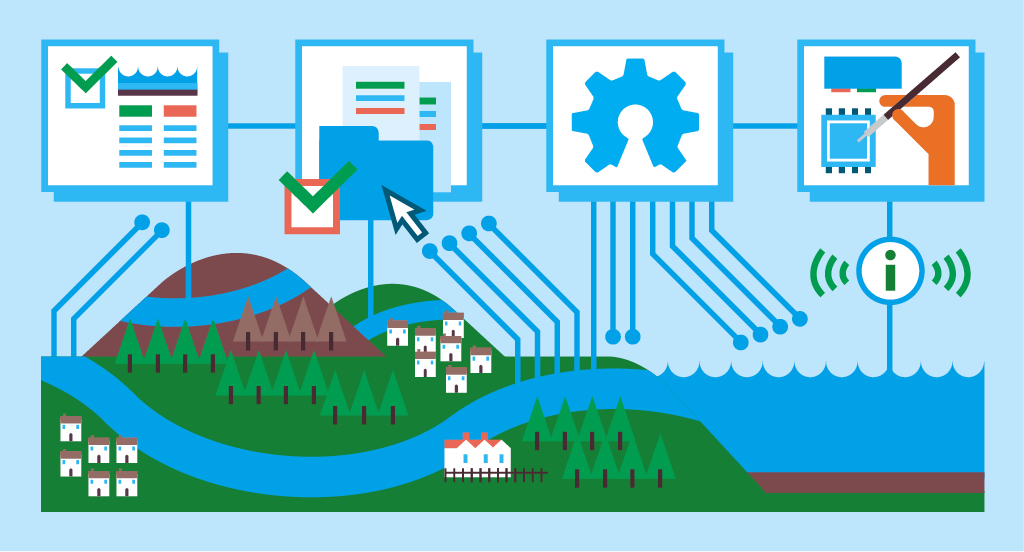
Featured publications from UNESCO IHP and the Water Family

Overview of the IHP Phase VIII Achievements




Stay updated with the latest activities and announcements

March 21, 2025
The first-ever World Day for Glaciers, to be celebrated on 21 March 2025, urges global action to protect glaciers and their crucial role in sustaining life on Earth for future...

January 1, 2025
UNESCO Intergovernmental Hydrological Programme (IHP) is hosting an expert webinar series throughout 2025 celebrating its 50th anniversary, featuring experts discussing critical water...

June 3, 2024
The planning, definition of priorities, and supervision of the execution of the Intergovernmental Hydrological Programme (IHP) are ensured by the Intergovernmental Council, which is...